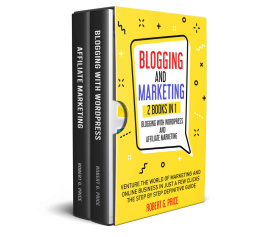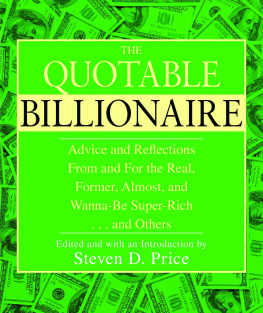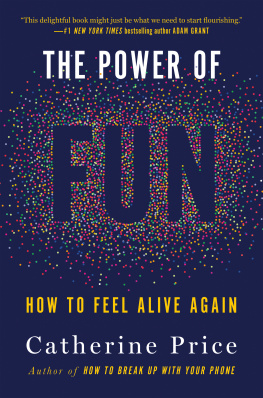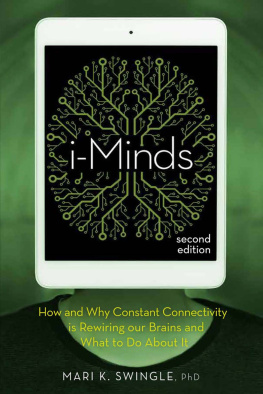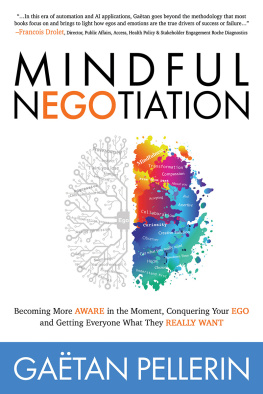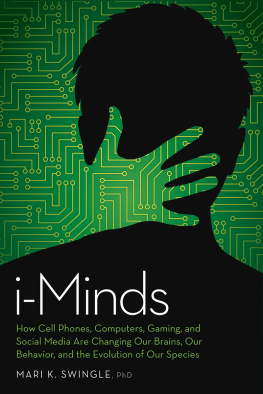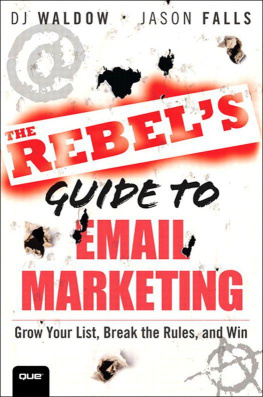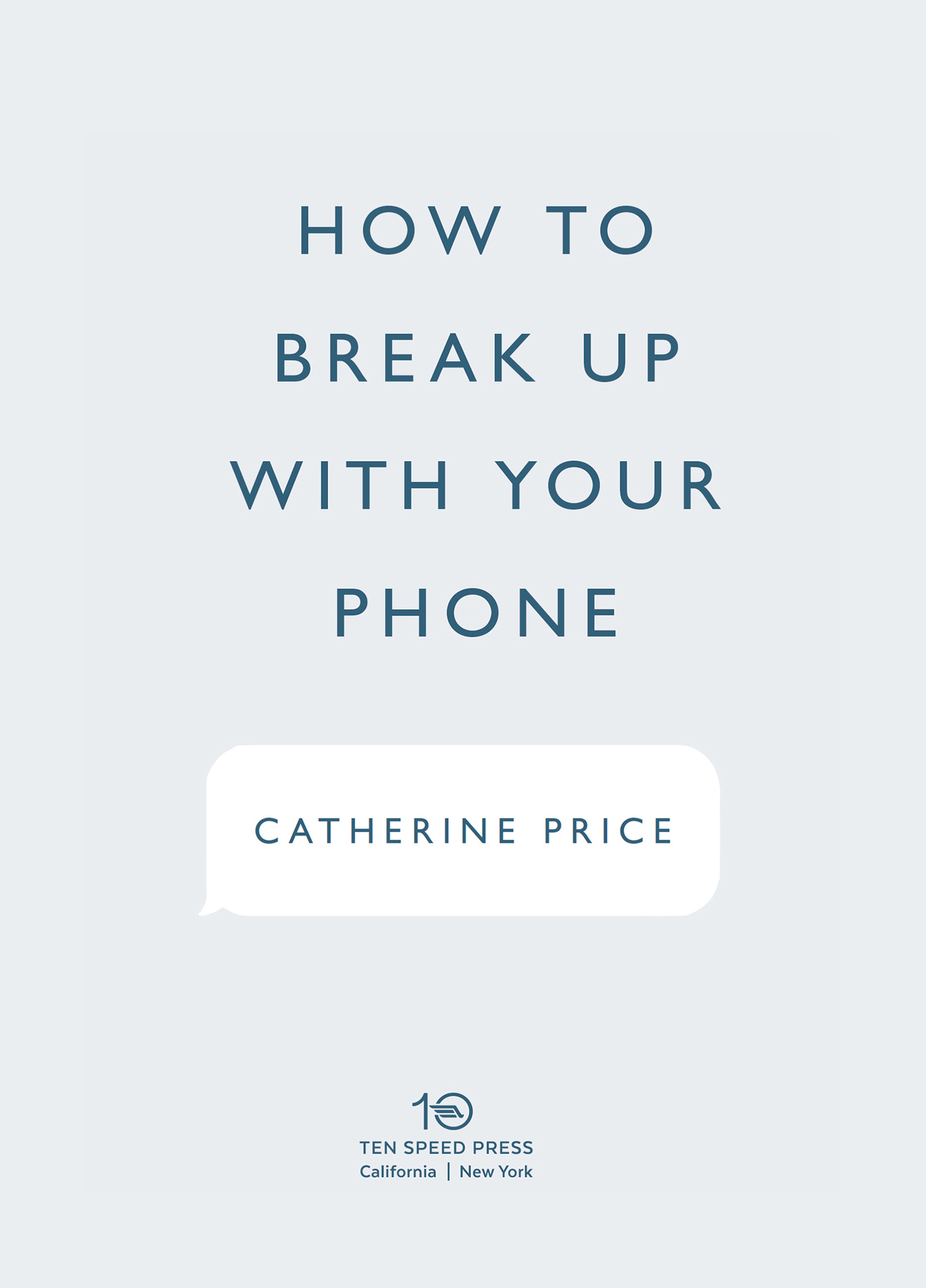All rights reserved.
Published in the United States by Ten Speed Press, an imprint of the Crown Publishing Group, a division of Penguin Random House LLC, New York.
Ten Speed Press and the Ten Speed Press colophon are registered trademarks of Penguin Random House LLC.
Library of Congress Cataloging-in-Publication Data is on file with the publisher.
Dear Phone,
I still remember the first time we met. You were an expensive new gadget available only through AT&T; I was a person who could recite her best friends phone numbers from memory. When you were launched, Ill admit that your touch screen caught my eye. But I was too busy trying to type a text message on my flip phone to start something new.
Then I held you in my hand, and things started moving fast. It wasnt long before we were doing everything together: taking walks, having lunch with friends, going on vacations. At first it seemed strange that you wanted to come with me to the bathroombut today its just another formerly private moment for us to share.
Were inseparable now, you and I. Youre the last thing I touch before I go to bed and the first thing I reach for in the morning. You remember my doctors appointments, my shopping lists, and my anniversary. You provide GIFs and festive emoji that I can send to friends on their birthdays, so that rather than feeling hurt that Im texting instead of calling, they think, Ooh, animated balloons! You make it possible for my avoidance strategies to be construed as thoughtfulness, and for this I am grateful.
Phone, you are amazing. I mean that literally: not only do you allow me to travel across time and space, but I am amazed by how many nights Ive stayed up three hours past my bedtime staring at your screen. I cant count the times weve gone to bed together and Ive had to pinch myself to see if Im dreamingand believe me, I want to be dreaming, because ever since we met, something seems to be messing with my sleep. I cannot believe all of the gifts youve given me, even though many of those gifts are technically things that I bought for myself online while you and I were relaxing in a bath.
Thanks to you, I never need to worry about being alone. Any time Im anxious or upset, you offer a game or newsfeed or viral panda video to distract me from my feelings. And how about boredom? Just a few years ago, Id often find myself with no way to pass the time other than to daydream, or maybe think. There were even times when Id get into the elevator at the office and have nothing to look at but the other passengers. For six floors!
These days, I cant even remember the last time I was bored. Then again, I cant remember a lot of things. Like, for example, the last time my friends and I made it through a meal without anyone pulling out a phone. Or how it felt to be able to read an entire magazine article in one sitting. Or what I said in the paragraph above this one. Or whose text I was looking at right before I walked into that pole.
Or whatever. My point is, I feel like I cant live without you.
And thats why its so hard for me to tell you that we need to break up.
INTRODUCTION
Lets get something clear from the start: the point of this book is not to get you to throw your phone under a bus. Just as breaking up with a person doesnt mean that youre swearing off all human relationships, breaking up with your phone doesnt mean that youre trading in your touch screen for a rotary dial.
After all, there are lots of reasons for us to love our smartphones. Theyre cameras. Theyre DJs. They help us keep in touch with family and friends, and they know the answers to every piece of trivia we could ever think to ask. They tell us about the traffic and the weather; they store our calendars and our contact lists. Smartphones are amazing tools.
But something about smartphones also makes us act like tools. Most of us find it hard to get through a meal or a movie or even a stoplight without pulling out our phones. On the rare occasions when we accidentally leave them at home or on our desk, we reach for them anyway, and feel anxious, again and again, each time we realize theyre not there. If youre like most people, your phone is within arms reach right this very second, and the mere mention of it is making you want to check something. Like the news. Or your texts. Or your email. Or the weather. Or, really, anything at all.
Go ahead and do it. And then come back to this page and notice how you feel. Are you calm? Focused? Present? Satisfied? Or are you feeling a bit scattered and uneasy, vaguely stressed without really knowing why?
Today, just over a decade since smartphones entered our lives, were beginning to suspect that their impact on our lives might not be entirely good. We feel busy but ineffective. Connected but lonely. The same technology that gives us freedom can also act like a leashand the more tethered we become, the more it raises the question of whos actually in control. The result is a paralyzing tension: we love our phones, but we often hate the way they make us feel. And no one seems to know what to do about it.
The problem isnt smartphones themselves. The problem is our relationships with them. Smartphones have infiltrated our lives so quickly and so thoroughly that we have never stopped to think about what we actually want our relationships with them to look likeor what effects these relationships might be having on our lives.
Weve never stopped to think about which features of our phones make us feel good, and which make us feel bad. Weve never stopped to think about why smartphones are so hard to put down, or who might be benefiting when we pick them up. Weve never stopped to think about what spending so many hours engaged with our devices might be doing to our brains, or whether a device billed as a way to connect us to other people might actually be driving us apart.
Breaking up with your phone means giving yourself a chance to stop and think.
It means noticing which parts of your relationship are working and which parts are not. It means setting boundaries between your online and offline lives. It means becoming conscious of how and why you use your phoneand recognizing that your phone is manipulating how and why you use it. It means undoing the effects that your phone has had on your brain. It means prioritizing real-life relationships over those that take place on screens.
Breaking up with your phone means giving yourself the space, freedom, and tools necessary to create a new, long-term relationship with it, one that keeps what you love about your phone and gets rid of what you dont. A relationship, in other words, that makes you feel healthy and happyand over which you have control.
IF YOURE CURIOUS ABOUT THE status of your relationship with your smartphone, try taking the Smartphone Compulsion Test, developed by Dr. David Greenfield, founder of the Center for Internet and Technology Addiction and psychiatry professor at the University of Connecticut School of Medicine. Just circle the questions that apply to you.




